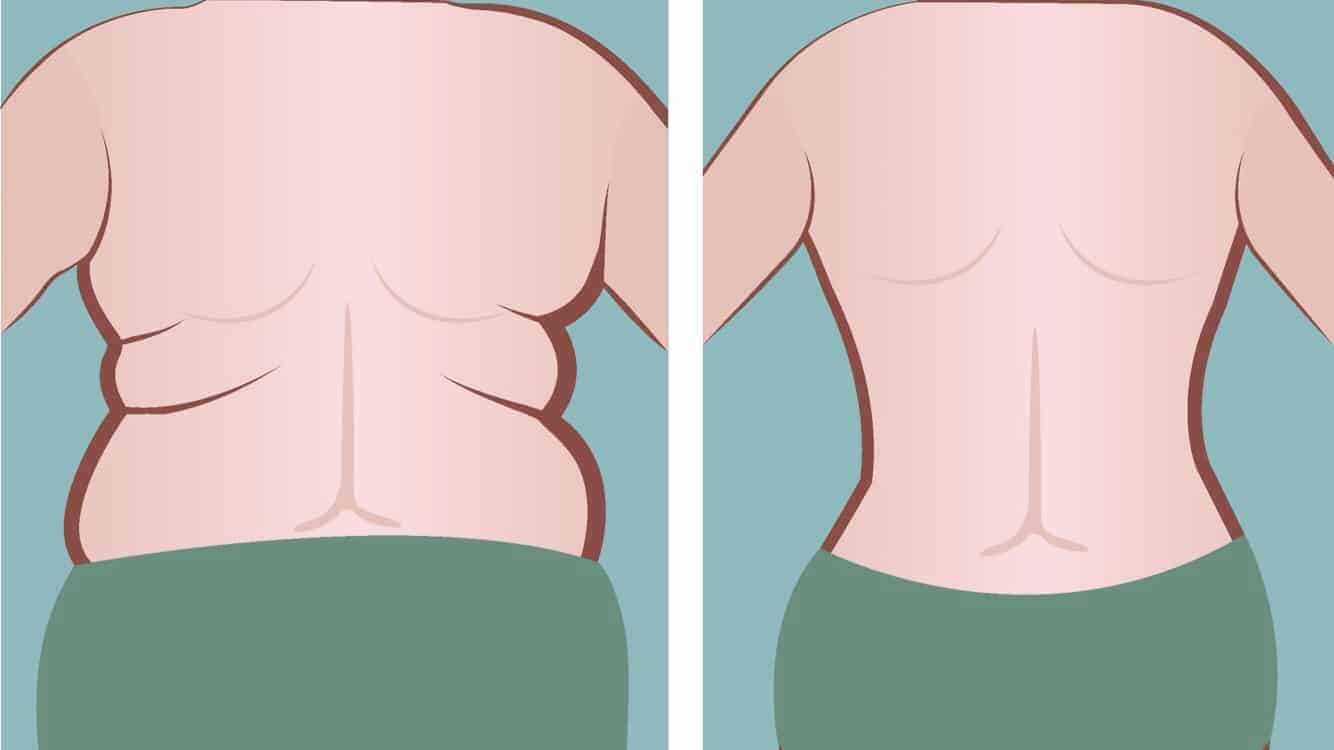University of Sydney researchers have proven that a healthy diet benefits metabolism more than medications in their recent study. When comparing how our cells react to proper nutrition versus drugs, the team discovered that diet is more impactful.
The pre-clinical study by the University of Sydney’s Charles Perkins Centre shows the importance of a healthy diet. The team’s findings suggest that dietary habits could even prevent conditions like heart disease, stroke, and diabetes more than medications.
The researchers performed the study in mice. They found that a balanced diet impacted aging and metabolism more than three significant anti-aging and diabetes drugs.
The findings appeared in the journal Cell Metabolism on November 11, 2021.
The latest research expands upon the team’s previous human and mice studies. Their revolutionary work demonstrated how a healthy diet with balanced macronutrients could protect against certain conditions. Specifically, they listed aging, obesity, immune impairments, heart disease, and type 2 diabetes as conditions impacted by proper nutrition.
However, the study’s senior author, Professor Stephen Simpson, said certain medications could target the same biochemical pathways as nutrients. He added that scientists have been trying to formulate drugs that improve metabolism and slow aging.
This way, a lifestyle change such as altering one’s diet wouldn’t be necessary. Of course, medications aren’t a universal answer for combating disease.
Professor Simpson said this:
“Diet is a powerful medicine. However, presently, drugs are administered without consideration of whether and how they might interact with our diet composition — even when these drugs are designed to act in the same way, and on the same nutrient-signalling pathways as diet.”
So, the research team attempted to find out whether drugs or diet played a more prominent role in improving metabolism. They also wanted to find out how medications and diet interacted.
Study Showing How a Healthy Diet Can Improve Metabolism
The research team used mouse subjects for the study, including forty different treatments. Each experiment involved varying levels of protein, fat, and carbohydrate balances. The team also altered caloric intake and medications for each treatment.
The study focused mainly on how three anti-aging drugs impacted liver health. This organ plays a vital role in regulating human metabolism.
A geometric framework for nutrition developed by Professors Stephen Simpson and David Raubenheimer enhanced the study’s outcome. The framework allowed researchers to analyze how various nutrient combinations impacted health and disease. Previous studies focused on one isolated nutrient at a time, which limited the findings.
However, this study was able to show which macronutrients have the most significant impact on metabolic health and cell functioning. It also revealed more about the mechanisms behind a healthy diet and its anti-aging effects.
What the Study Found About How a Healthy Diet Supports Overall Wellness
The researchers discovered that overall calorie and macronutrient intake (proteins, carbs, and fats) strongly impacted the liver. In particular, protein and total calorie intake had a significant effect on metabolic and cell functioning.
For instance, grams of protein consumed directly influenced mitochondrial activity. This part of the cell generates most of the energy necessary to power the cell’s biochemical reactions. Also, protein and calorie consumption impact how cells transform genes into proteins needed for cell maintenance and making new cells.
Both of these processes ha link to aging.
“We discovered dietary composition had a far more powerful effect than drugs, which largely dampened responses to diet rather than reshaped them,” said Professor Simpson.
“Given humans share essentially the same nutrient-signaling pathways as mice, the research suggests people would get better value from changing their diet to improve metabolic health rather than taking the drugs we studied.”
Medications Also Influenced Metabolism
While drugs also impacted metabolic functioning, they mainly inhibited the cell’s metabolic reaction to diet instead of transforming them. Although, researchers discovered specific interactions took place between the biochemical effects of drugs and a healthy diet.
For instance, one anti-aging drug had a significant effect on changes in cells influenced by dietary fat and carbohydrate intake. On the other hand, both cancer and diabetes medicines blocked the effects of protein on energy-generating mitochondria.
The study involved many factors and will require follow-up research in the future to confirm findings. However, lead author Professor David Le Couteur of the Charles Perkins Centre and Faculty of Medicine and Health said this complexity is necessary. It showcases the importance of simultaneously analyzing many different types of diets to ascertain how they influence metabolism.
Professor Le Couteur explains:
“This approach is the only way we can get an overview of the interaction between diet, our health, and physiology. We all know what we eat influences our health, but this study showed how food can dramatically influence many of the processes operating in our cells. This gives us insights into how diet impacts on health and aging.”
Overall, the authors conclude that a healthy diet plays a more prominent role in metabolic health than medications. A basic rule to follow to maintain health is to eat from nature. Avoid processed foods, drink plenty of water, consume whole, plant-based foods, and cut down on sugar.
An unhealthy diet contributes to almost 700,000 premature deaths each year in the US alone. We face myriad health problems globally, but many would likely disappear with lifestyle changes. It’s time to usher in a new age of health and happiness, and it starts with how we treat ourselves. Choose self-love, which means caring about what’s on your dinner plate. You’ll feel more vibrant and energetic, creating a ripple effect and encouraging others to eat a healthy diet.
Final Thoughts on Study Showing How a Healthy Diet Alters Metabolism
The study by researchers from the University of Sydney marks the first to analyze various diets and their effect on metabolism comprehensively. They found that protein and overall calorie intake had the most considerable impact on cell and metabolic functioning. However, it’s essential to balance one’s diet with all three macronutrients – protein, carbs, and fats.
They also found that medications can influence metabolism, but a healthy diet had the largest effect. Drugs typically mask or lessen symptom severity, but they often don’t treat the cause. Eating from nature can alter your cells at the deepest level, which will help heal your body and mind.



















